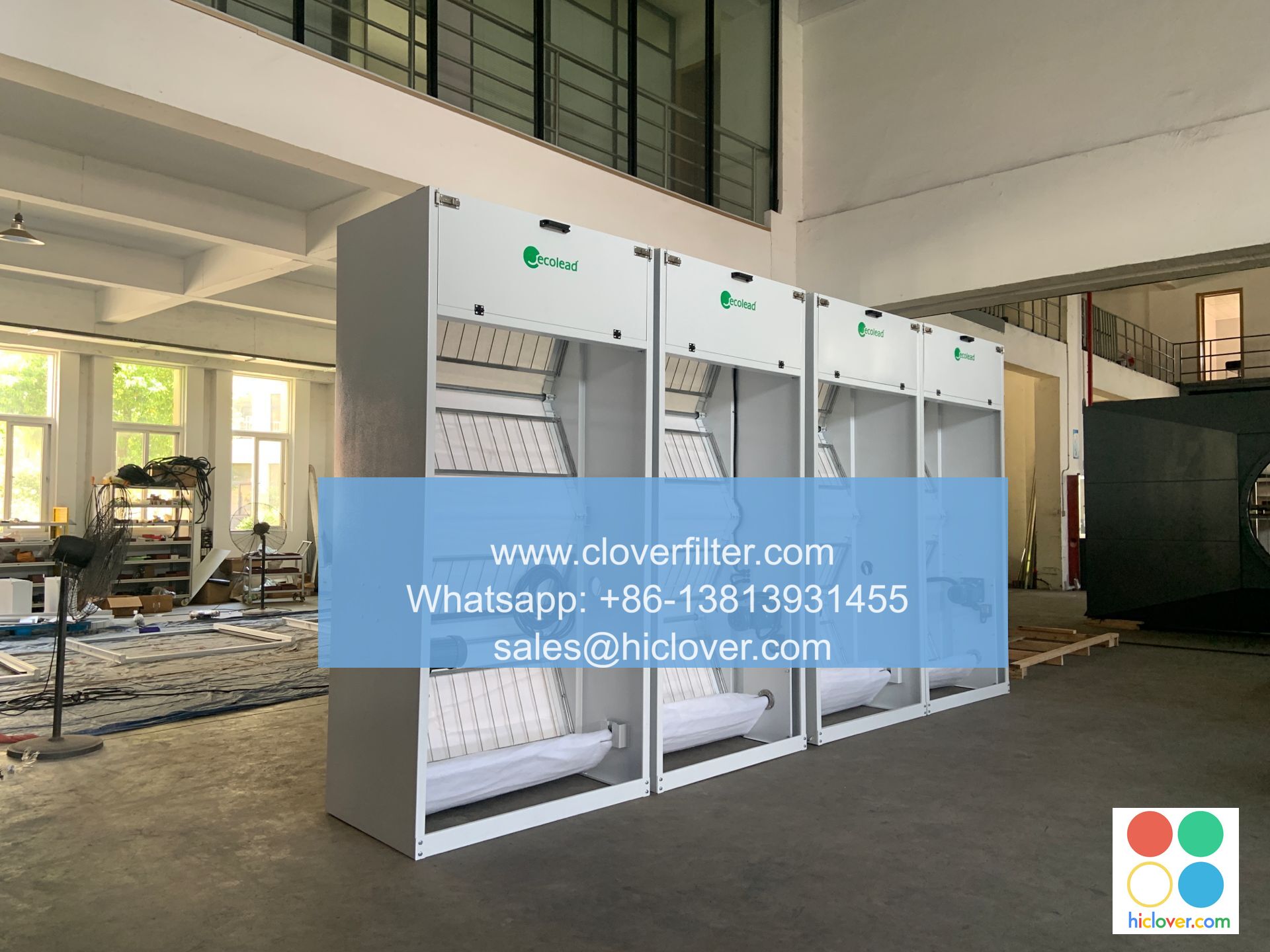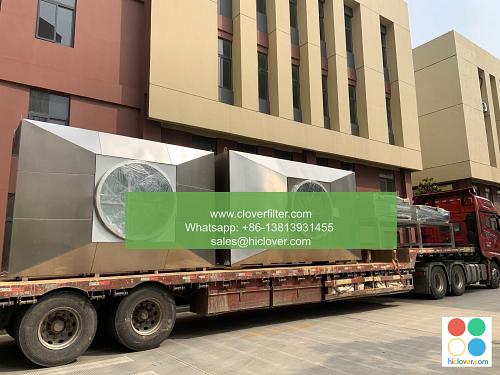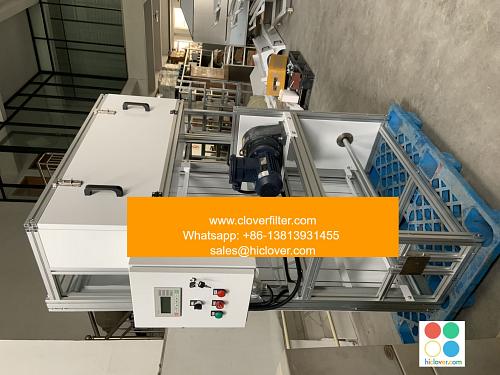The Role of Air Filter APIs in Reducing Airborne Pollutants and Allergens

Air filter APIs play a crucial role in reducing airborne pollutants and allergens, improving indoor air quality and promoting a healthier environment. In this article, we will explore the significance of air filter APIs, their application areas, and the benefits they offer in minimizing the impact of airborne pollutants and allergens.
Introduction to Air Filter APIs
Air filter APIs, or Application Programming Interfaces, are software interfaces that enable communication between air filter systems and other devices or applications. They allow for the integration of air filter systems with various technologies, such as sensors, monitors, and control systems, to optimize their performance and efficiency. By leveraging air filter APIs, developers can create innovative solutions that enhance the effectiveness of air filtration systems and reduce airborne pollutants and allergens.
Application Areas of Air Filter APIs
Air filter APIs have a wide range of application areas, including:
- Indoor Air Quality Monitoring: Air filter APIs can be used to integrate air quality sensors and monitors with air filter systems, enabling real-time monitoring of indoor air quality and automatic adjustments to optimize filtration performance.
- Smart Homes and Buildings: Air filter APIs can be integrated with smart home and building automation systems, allowing for seamless control and optimization of air filter systems, lighting, temperature, and other environmental factors.
- Industrial and Commercial Settings: Air filter APIs can be used in industrial and commercial settings, such as manufacturing facilities, hospitals, and offices, to improve indoor air quality and reduce the risk of airborne pollutants and allergens.
- Transportation Systems: Air filter APIs can be integrated with transportation systems, such as cars, buses, and trains, to improve air quality and reduce the impact of airborne pollutants and allergens on passengers.
- Improved Indoor Air Quality: Air filter APIs can help optimize air filter performance, reducing airborne pollutants and allergens and promoting a healthier indoor environment.
- Increased Energy Efficiency: By optimizing air filter performance, air filter APIs can help reduce energy consumption and lower operating costs.
- Enhanced Customer Experience: Air filter APIs can be used to create personalized and comfortable indoor environments, improving customer satisfaction and loyalty.
- Reduced Maintenance Costs: Air filter APIs can help predict and prevent maintenance issues, reducing downtime and extending the lifespan of air filter systems.
- Internet of Things (IoT): The increasing use of IoT devices and sensors is enabling the development of more sophisticated air filter APIs and applications.
- Artificial Intelligence (AI) and Machine Learning (ML): AI and ML algorithms can be used to optimize air filter performance, predict maintenance issues, and improve indoor air quality.
- Cloud Computing: Cloud-based air filter APIs can provide scalable, secure, and flexible solutions for air filter system integration and optimization.
- Big Data Analytics: The use of big data analytics can help optimize air filter performance, identify trends and patterns, and improve indoor air quality.
Benefits of Air Filter APIs
The use of air filter APIs offers several benefits, including:
Key Technologies and Trends
Several key technologies and trends are driving the adoption of air filter APIs, including:
Conclusion
In conclusion, air filter APIs play a vital role in reducing airborne pollutants and allergens, improving indoor air quality, and promoting a healthier environment. With their wide range of application areas, benefits, and key technologies, air filter APIs are poised to revolutionize the air filtration industry and create new opportunities for innovation and growth. As the demand for clean and healthy indoor air continues to grow, the importance of air filter APIs will only continue to increase, driving the development of more sophisticated and effective air filtration solutions. It seems like you haven’t provided a prompt for me to respond to. Please provide a question, topic, or prompt for me to assist you with. I’ll do my best to provide a helpful and informative response.


